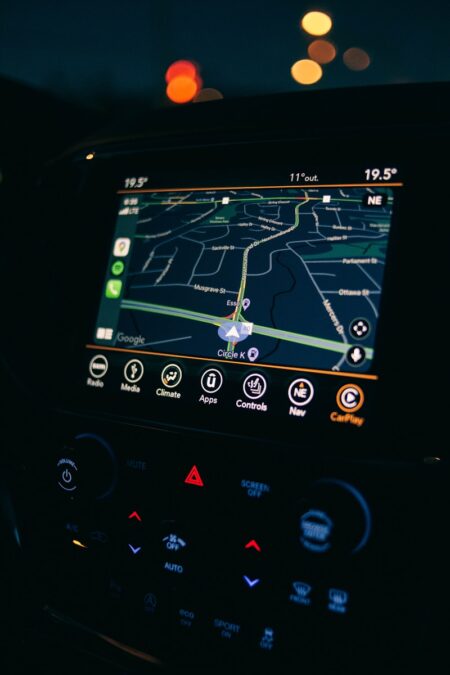Maximizing Precision in Location Tracking
The Evolution of GPS Technology
Differential GPS (DGPS corrections) represent a significant breakthrough in GPS technology, offering a solution to the accuracy challenges posed by atmospheric conditions and satellite clock drift. By comparing signals from a network of reference stations to those received from GPS satellites, DGPS can calculate and correct for errors in real-time, resulting in vastly improved accuracy. This capability is particularly beneficial for industries that rely on precise location data, such as transportation, logistics, and surveying.
Global Positioning System (GPS) technology has undergone significant advancements in recent years, revolutionizing the way we navigate and track locations. In regions like Saudi Arabia and the UAE, where precise location tracking is crucial for various industries, GPS plays a pivotal role in ensuring efficiency and accuracy. However, the inherent limitations of GPS, such as errors introduced by atmospheric conditions and satellite clock drift, have prompted the development of solutions like DGPS corrections.
The Importance of Atmospheric Conditions and Satellite Clock Drift
Atmospheric conditions and satellite clock drift are two primary sources of error in GPS measurements. Atmospheric conditions, including ionospheric and tropospheric delays, can distort GPS signals as they travel through the Earth’s atmosphere. Similarly, satellite clock drift, caused by imperfections in satellite clocks, can lead to inaccuracies in timing measurements. These errors can significantly impact the accuracy of GPS positioning, especially in dynamic environments where conditions are constantly changing.
By incorporating DGPS corrections, these errors can be effectively mitigated, leading to more reliable and precise location tracking. DGPS reference stations continuously monitor atmospheric conditions and satellite clock behavior, enabling them to calculate and transmit correction data to GPS receivers in real-time. This correction data allows GPS receivers to compensate for errors and achieve sub-meter accuracy, even in challenging environments.
Unlocking Business Success with DGPS
The adoption of DGPS corrections has far-reaching implications for businesses operating in sectors reliant on precise location data. In industries such as agriculture, construction, and telecommunications, accurate GPS positioning is essential for optimizing operations and maximizing efficiency. By leveraging DGPS technology, companies can enhance their capabilities in areas such as precision agriculture, site planning, and asset tracking, leading to improved productivity and cost savings.
Moreover, the integration of DGPS into existing infrastructure aligns with the broader goals of technological innovation and business success in regions like Riyadh and Dubai. As key players in the global economy, Saudi Arabia and the UAE are committed to leveraging modern technology to drive growth and competitiveness. The adoption of DGPS technology underscores their proactive approach to embracing advancements in GPS technology and harnessing them for economic development.
The Future of GPS Technology
As GPS technology continues to evolve, the role of DGPS corrections will become increasingly prominent. With advancements in satellite technology, including the deployment of next-generation GPS satellites, the accuracy and reliability of GPS positioning will continue to improve. Additionally, ongoing research and development efforts will likely lead to innovations in DGPS algorithms and correction techniques, further enhancing accuracy and robustness.
Looking ahead, the integration of GPS technology with emerging technologies such as artificial intelligence (AI) and the Internet of Things (IoT) holds immense potential for unlocking new applications and capabilities. From autonomous vehicles to smart infrastructure, the possibilities are endless. By staying at the forefront of GPS innovation and embracing technologies like DGPS corrections, businesses and industries can position themselves for success in an increasingly connected and location-aware world.
Conclusion
In conclusion, DGPS corrections represent a significant advancement in GPS technology, offering a solution to the accuracy challenges posed by atmospheric conditions and satellite clock drift. By leveraging DGPS technology, businesses can enhance their capabilities in precision location tracking, driving efficiency and productivity across various industries. As GPS technology continues to evolve, the integration of DGPS corrections will play a crucial role in unlocking new opportunities for innovation and growth, positioning Saudi Arabia, the UAE, Riyadh, and Dubai as leaders in the global GPS landscape.
#DGPScorrections #GPStechnology #AtmosphericConditions #SatelliteClockDrift #SaudiArabia #UAE #Riyadh #Dubai #ModernTechnology #BusinessSuccess #LocationTracking #GPSInnovation























